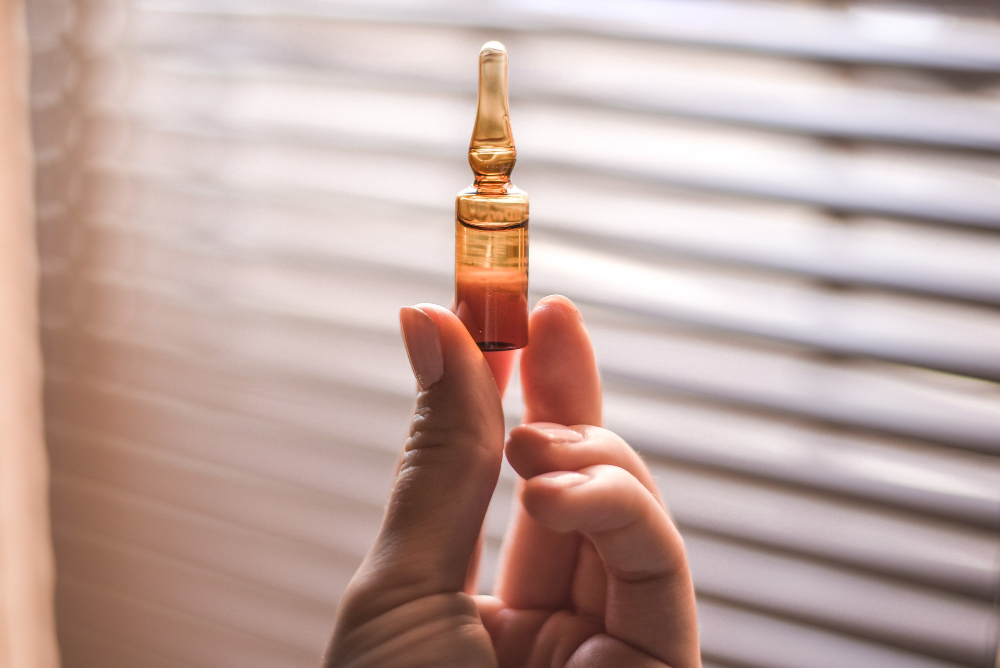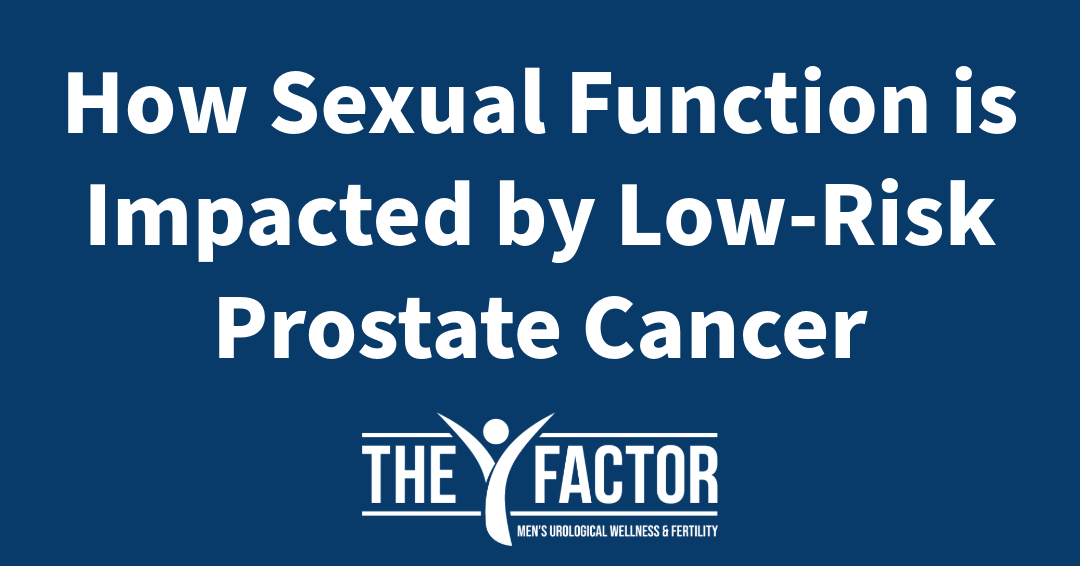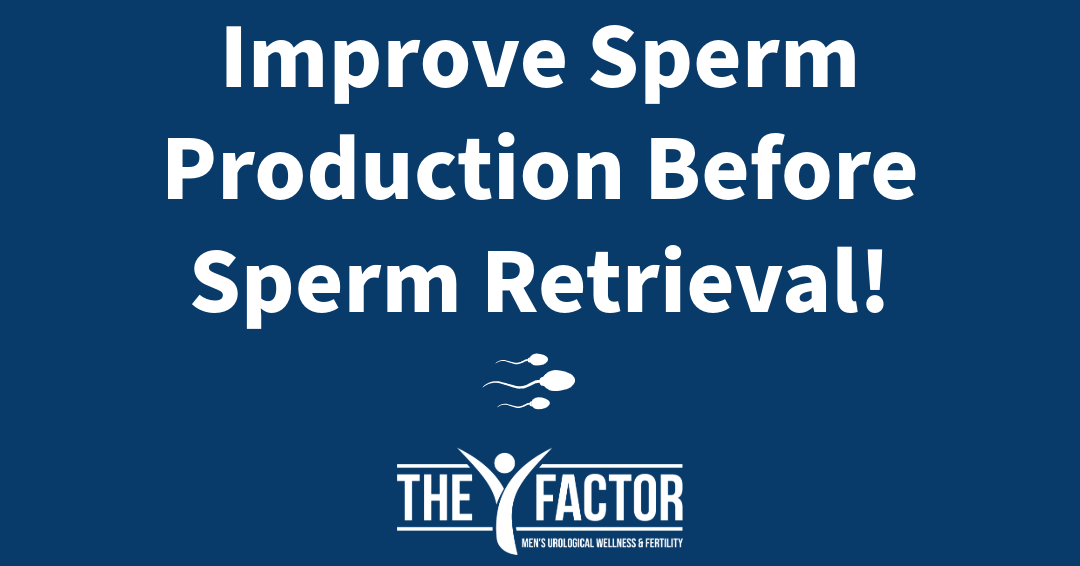How Effective is a Vasectomy for Birth Control?

.png)
Regarding birth control, there are several approaches available, ranging from hormonal pills and intrauterine devices (IUDs) to condoms and natural family planning. For males looking for a permanent fix, vasectomy is sometimes regarded as the gold standard. By stopping the release of sperm during ejaculation, this surgical operation is intended to offer a dependable, long-term type of contraception. But in reality, how successful is a vasectomy, and what should you know before determining whether it is appropriate for you?
Knowledge of Vasectomy: The Fundamentals
A vasectomy doctor Houston does a minor surgical operation called a vasectomy. The vas deferens, tubes connecting the testicles to the urethral tubes, are severed, knotted, or otherwise sealed during the operation. This keeps sperm apart from semen during ejaculation. Usually lasting twenty to thirty minutes, the operation can be performed under local anesthetic at a doctor’s office or clinic.
The Efficiency of Vasectomy
Examining the success of a vasectomy requires one to take into account both the technique itself and the possibility of problems or failures. Here are several essential points:
- Success Rate: Vasectomy prevents pregnancy by over 99% with a success rate. This makes it among the most consistent kinds of birth control accessible. About 1 in 2,000 is the predicted failure rate, far lower than alternative approaches such as pregnancy control pills (7%) or condoms (13%).
- Time to Effectiveness: One should be aware that a vasectomy offers no instant defense against conception. After the surgery, sperm might linger in the vas deferens and ejaculate for several weeks or perhaps months. Usually, until a follow-up semen examination shows that sperm are no longer present, doctors advise using another type of contraception.
- Permanent Solution: A vasectomy is regarded as a permanent fix, unlike reversible contraceptives. Though they are complicated, expensive, and not usually successful, vasectomy reversals are conceivable. Men contemplating vasectomy should so be sure they do not wish to father future generations.
- Side Effects and Complications: Rare but possible complications from a vasectomy include infection, bleeding, and chronic pain. The development of a sperm granuloma, a little mass brought on by sperm leakage from the severed vas deferens causes the most major worry. These problems are usually curable, though, and they have little effect on the general success of the operation.
Considerations After a Vasectomy
Men usually return to work and regular activities a few days following a vasectomy; however, intense activity should be avoided for around one week. Common but generally temporary is mild pain and swelling; over-the-counter painkillers and cold packs help here.
Attending all follow-up visits is absolutely vital if we are to guarantee the success of the operation. Usually done 8-16 weeks following surgery, a semen examine confirms the lack of sperm. Other forms of birth control should be utilized to stop accidental pregnancies till then.
Vasectomy vs Other Birth Control Approaches
Vasectomy stands out for dependability and permanency, among other birth control techniques. Here is a quick overview of several more often-used contraceptives:
- Condoms: Although they are somewhat familiar and offer the extra advantage of preventing sexually transmitted infections (STIs), their regular use failure rate is more than that of vasectomy. To be successful too they need constant use and correct technique.
- Birth Control Pills: Oral contraceptives are pretty effective when taken as directed; missing doses greatly lower their effectiveness. Unlike vasectomy, they can have adverse effects from hormonal changes and call for continuous care.
- IUDs: With a pretty low failure rate, intrauterine devices (IUDs) provide long-term contraception (3–10 years). They can, however, cause side effects, including cramps and irregular bleeding, and must be implanted and taken out under the direction of a healthcare expert.
- Tubal Ligation: Though more intrusive and usually requiring general anesthesia and a more extended recovery period, tubal ligation is a female sterilization technique with the same efficiency as vasectomy. It also involves more dangers related to abdominal surgery.
Deciding Whether Vasectomy Is Right for You
Making the major decision to get a vasectomy calls for thorough thought of your long-term family planning objectives. To completely grasp the risks, benefits, and possible consequences of the operation, you must talk to your spouse and see a vasectomy doctor Houston.
Own Your Reproductive Health
Visit our seasoned urologists right now if you are thinking about a vasectomy and wish for additional information regarding the operation. Our staff is committed to providing you with individualized treatment and support in order for you to make wise decisions on your reproduction. To schedule an appointment, phone or visit our website]. With a vasectomy, start along the path toward a worry-free future and find mental clarity.

Select Your Men's Health Specialist, Book Instantly
Find expert urologists and men's health professionals who understand your unique needs.
Our streamlined platform helps you connect quickly and confidentially.
Personalized Treatment Plans
Receive tailored recommendations and therapies specifically designed to address your individual health needs.
Ongoing Support & Follow-up
Benefit from continuous care, including regular progress reviews and expert guidance throughout your wellness journey.












